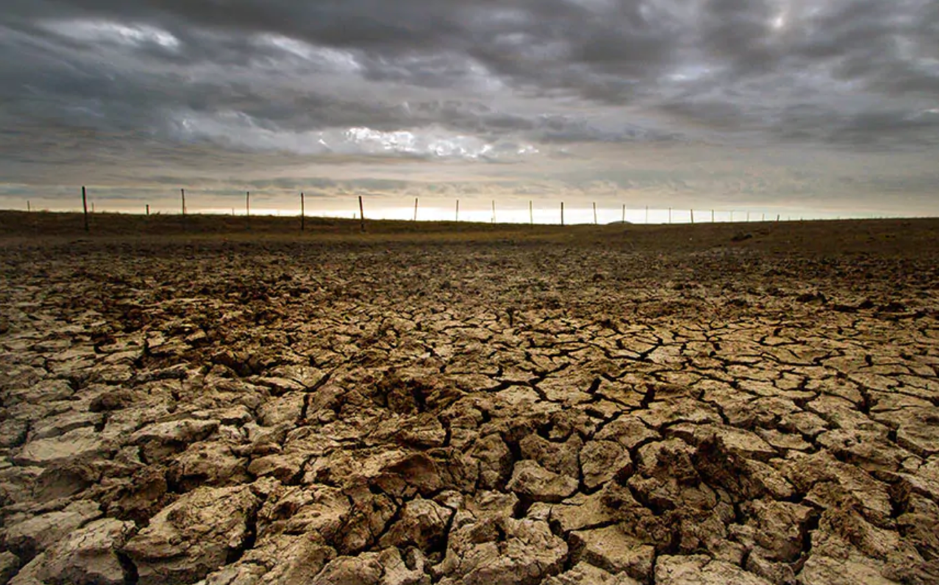
Water, water everywhere, but not a drop to drink!
Is humanity running out of fresh water? Is there a scarcity and water quality problem?
Before we start a look at water and how important it is to humanity, let’s first remind ourselves of some important facts around it.
1. Our bodies are as much as sixty percent water;
2. All living things are made of it and like us depend on it for survival;
3. 97% of the water on earth is salt water, 2% is frozen in glaciers and ice caps. Only 1% is fresh water;
4. Although our Earth is covered with 70% of water, there is not enough accessibility to enough clean water;
5. Although 70% of the earth is covered with water, a staggering number of the world's poor lack even the most basic access to clean water;
6. 1 out of every 8 people on earth searches every day for clean water one;
7. 1 in 6 of us has no access to a properly plumbed and sealed toilet system; and
8. Today, a child dies from a water related illness, like diarrhoea, every twenty seconds.
Environmentalists and water experts have predicted that by 2025, two-thirds of the global population will face acute water shortage due to pollution, poor water management and unstable weather patterns, caused by climate change. By then, it is predicted that two thirds of the global population will face water shortages, with 14 of the world’s 20 megacities currently experiencing water scarcity or conditions of drought. To people in the developed world, this may sound strange, as water has always existed when we turn on a tap or take a shower. However, that is a luxury that could change, even in countries that are consider incredibly developed and green. Today, in other parts of the world, reservoirs are at very low points. For example, in Chennai, India’s sixth-largest city, reservoirs are nearly dry. In 2018, residents of Cape Town, South Africa narrowly avoided their own water shut-off. The year before that, Rome rationed water to conserve scarce resources. The Water Resources Institute (‘WRI’) found that water withdrawals globally have more than doubled since the 1960s due to growing demand, and they show no signs of slowing down.
“New data from WRI’s Aqueduct tools reveal that 17 countries, home to one-quarter of the world’s population, face “extremely high” levels of baseline water stress, where irrigated agriculture, industries and municipalities withdraw more than 80 per cent of their available supply on average every year. Forty-four countries, home to one-third of the world, face “high” levels of stress, where on average more than 40 per cent of available supply is withdrawn every year. Such a narrow gap between supply and demand leaves countries vulnerable to fluctuations like droughts or increased water withdrawals.”
Fresh water is needed it because it's essential to life. Accordingly, we need to think about it carefully. The reality of the developed world is very different to the majority of humanity in the developing world. In the developing world many walk hours and miles every day to get water and even then, it may not be clean. Added to this and more concerning is that every 20 seconds, a child dies due to waterborne diseases or unsafe drinking water.
The global freshwater scarcity neither starts nor ends in your shower or running water while brushing your teeth. Globally, domestic use of freshwater accounts for only 8% to total fresh water usage. Of course, we need to conserve that important 8%. However, bigger players in this puzzle are Agriculture, accounting for 70% of fresh water use and Industry usages accounting for the balance (22%). Agricultural and industrial patterns of water use need serious attention. Industries that support our basic needs, such as agriculture, energy and manufacturing use copious amounts of water and has added additional pressure on the global water supply.
How should we as societies value water? How should we distribute water? Should we subsidise it in the production of food (in agriculture)? How do we penalise industry that pollute our shared water?
Water is a common public good as it is needed by everyone and everything to survive. Accordingly, fresh water needs to be protected and conserved no matter what. Conservation is becoming more challenging as climate change exacerbates the challenges by disrupting the Earth’s natural water cycle, and altering the time, quality and location of precipitation.
How can environment4change help?
environment4change want to inspire local communities into action to clean up their environments. A big part of that clean-up will be removing rubbish from waterways. Through the environment4change Platform as a Service (PaaS) we will encourage all environmental entrepreneurship and the other best in global science and research will be tested, evaluated and shared with the World. We can see our members using of our enhanced data-based platform to monitor rainfall as well as the quality and quantity of water and being able to share that information with water boards et al., to effectively manage the local water resource. The PaaS, using elements of mobile services, open and transparent data structures and technology, web services, social media and e-commerce, will allow every person and every community to get involved in measuring rainfall and removing waste and rubbish from local waterways. The goal is to democratize and scale environmentalism, so that together, we can clean up Planet Earth.
There is no ownership in fixing and cleaning the planet, it is something all mankind has an interest in and commitment to complete for the future of our collective kids.
